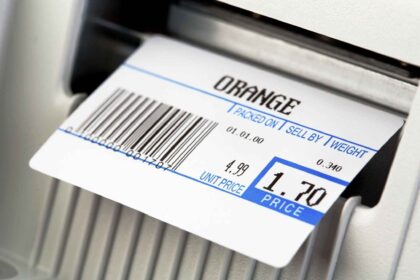When it comes to banking, hidden charges can be a significant concern for many customers. One of the fees that have been under scrutiny is the overdraft fee. Some banks charge an overdraft fee when a customer’s account becomes overdrawn, while others offer overdraft protection, which can also come with a fee.
However, in recent years, there have been some banks with no overdraft fee. But does this mean that overdraft fees are simply hidden charges? Here explore this topic further.
Contents
What is Overdraft Fee?
An overdraft fee is a charge that a bank or financial institution can impose when a customer’s account becomes overdrawn. This can happen when a customer spends more money than they have in their account or when a pending transaction posts to their account before a deposit is made.
Overdraft fees can be a flat fee or a percentage of the overdraft amount, and they can add up quickly, leading to financial hardship for many customers. However, it is important to note that banks must disclose these fees to their customers, and they are not considered hidden charges.
Banks With No Overdraft Fee
Recently, some banks have begun offering accounts with no overdraft fee. These accounts may be called “overdraft-free” or “no-overdraft” accounts. Customers are not charged an overdraft fee with these accounts if they become overdrawn.
While these accounts may not have an overdraft fee, it is important to note that they may still have other fees, such as monthly maintenance fees or ATM fees; therefore, it is important to research the account fully before opening one. SoFi professionals say, “They’ll cover you up to $50 without any fees.”
Are Overdraft Fees Hidden Charges?
While overdraft fees can be unexpected and add up quickly, they are not considered hidden charges. The Truth in Savings Act requires banks to disclose all fees associated with their accounts, including overdraft fees. This means customers should be aware of any potential fees before opening an account.
Some customers may need help understanding the fees associated with their accounts or may forget about them over time. Therefore, reviewing account information regularly is vital to avoid surprises.
Benefits Of Banks With No Overdraft Fee

There are several benefits to choosing a bank with no overdraft fee. For one, customers can avoid the financial hardship of overdraft fees. Additionally, these accounts may be a good option for people living paycheck to paycheck or with a limited budget. By not having to worry about overdraft fees, customers can better manage their money and avoid falling into debt.
Additionally, these accounts may offer other benefits, such as higher interest rates or lower fees overall. While overdraft fees can be a concern for many bank customers, it is important to note that they are not hidden charges. Banks are required to disclose all fees associated with their accounts, including overdraft fees.
Conclusion
However, choosing a bank with no overdraft fee may be a good option for customers who want to avoid overdraft fees altogether. These accounts can help customers better manage their money and avoid financial hardship.
If you are looking for a bank account to help you avoid overdraft fees, consider researching banks with no overdraft fees and choose the one that fits your needs.




